Are you tired of high utility bills that seem to climb higher every season? If you’re looking for a practical way to cut costs while also enhancing your home’s comfort, upgrading your windows could be the solution you’ve been searching for. Many homeowners overlook the significant impact that windows have on energy efficiency, often assuming that they are merely a decorative element of their homes. However, the truth is that modern windows are engineered with advanced technologies designed to minimize energy loss, providing both immediate and long-term benefits.
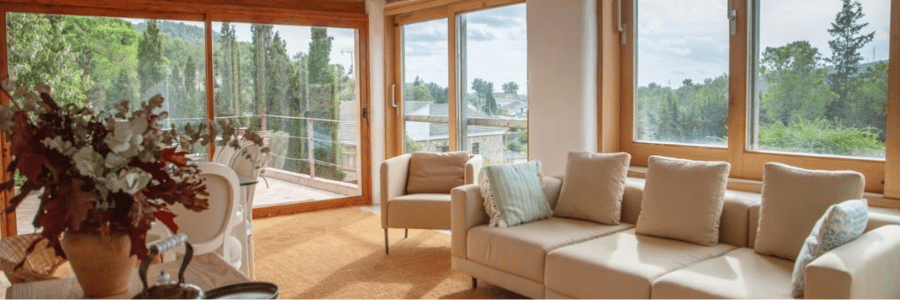
Advanced Insulation
One of the most significant benefits of upgrading to new windows is the advanced insulation they offer. Older windows often lack the necessary sealing and insulation properties, allowing drafts to enter your home and conditioned air to escape. This can lead to higher energy consumption as your heating and cooling systems work harder to maintain a comfortable temperature.
New windows are designed with improved insulation features, such as multi-chamber frames and insulated glass units. These elements work together to keep heat inside during the winter months and prevent excessive heat from entering during the summer. By creating a more stable indoor environment, you can reduce your reliance on heating and cooling systems, resulting in lower utility bills.
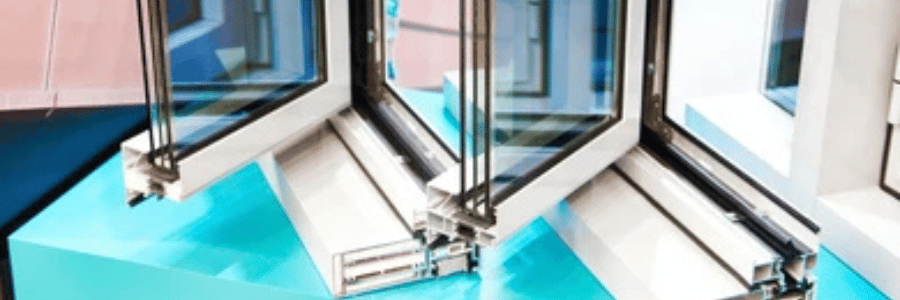
Energy Star Ratings
When shopping for new windows, it’s essential to look for those with Energy Star ratings. Windows bearing this label meet strict energy efficiency guidelines set by the Environmental Protection Agency (EPA). These ratings signify that the windows have been tested for their energy-saving potential, which can lead to significant cost savings over time.
Energy Star-rated windows are designed to reduce heat loss and gain, ultimately decreasing your home’s overall energy consumption. By choosing these high-performance options, you can enjoy maximum savings on your utility bills while contributing to a more sustainable environment.
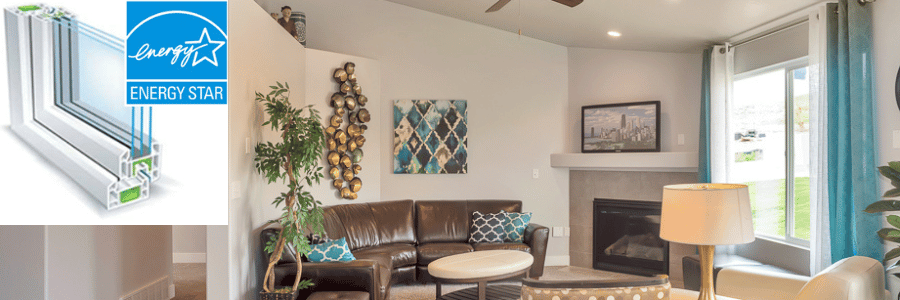
Double or Triple Glazing
Modern windows often come equipped with double or triple glazing, which refers to the number of glass panes used in the window unit. Unlike single-pane windows, which offer minimal insulation, double or triple-pane windows incorporate layers of air or gas trapped between the panes. This design creates a more effective thermal barrier, significantly enhancing insulation properties.
The air or gas (often argon or krypton) between the panes acts as an additional layer of protection against temperature fluctuations. As a result, double or triple-glazed windows can reduce heat transfer, keeping your home warmer in winter and cooler in summer. This means your HVAC system doesn’t have to work as hard, leading to further reductions in your energy bills.
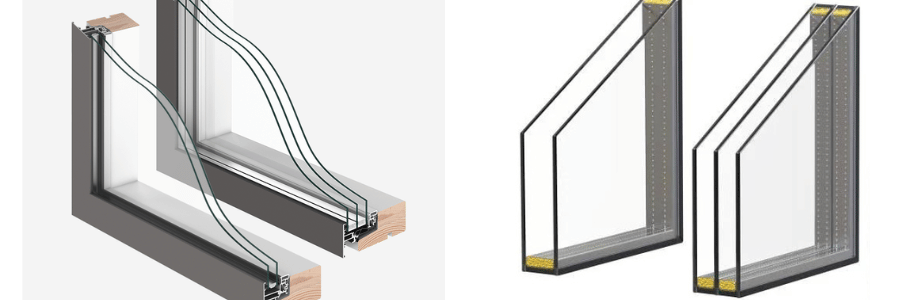
Low-E Coatings
Another innovative feature commonly found in new windows is low-emissivity (Low-E) coatings. These specialized coatings are designed to reflect heat while still allowing natural light to enter your home. Low-E coatings work by reducing the amount of infrared and ultraviolet light that can pass through the glass, helping to keep your indoor spaces comfortable year-round.
In the winter, Low-E coatings reflect heat back into your home, minimizing heat loss. In the summer, they help to keep the heat out, reducing the need for air conditioning. This dual functionality not only enhances your home’s comfort but also plays a crucial role in lowering heating and cooling costs.
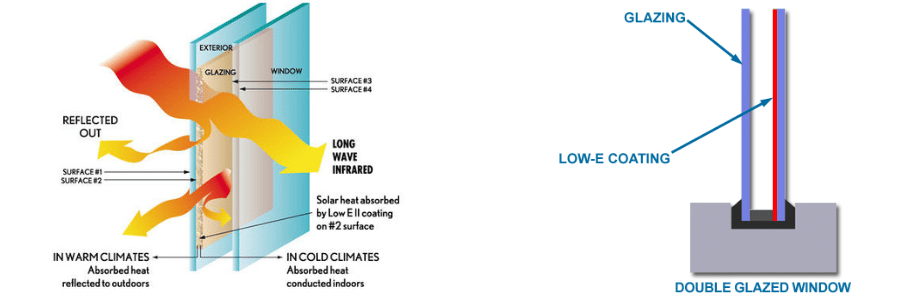
Conclusion
By investing in energy-efficient windows, you can enjoy a more comfortable home and significantly lower your utility bills. The combination of advanced insulation, Energy Star ratings, double or triple glazing, and Low-E coatings makes modern windows an excellent choice for homeowners looking to improve energy efficiency.
Making the switch to new windows is a proactive step toward reducing your energy consumption, saving money, and contributing to a healthier planet. If you’re tired of high utility bills and want to enhance your home’s efficiency, consider upgrading your windows—it’s an investment that will pay off for years to come.
